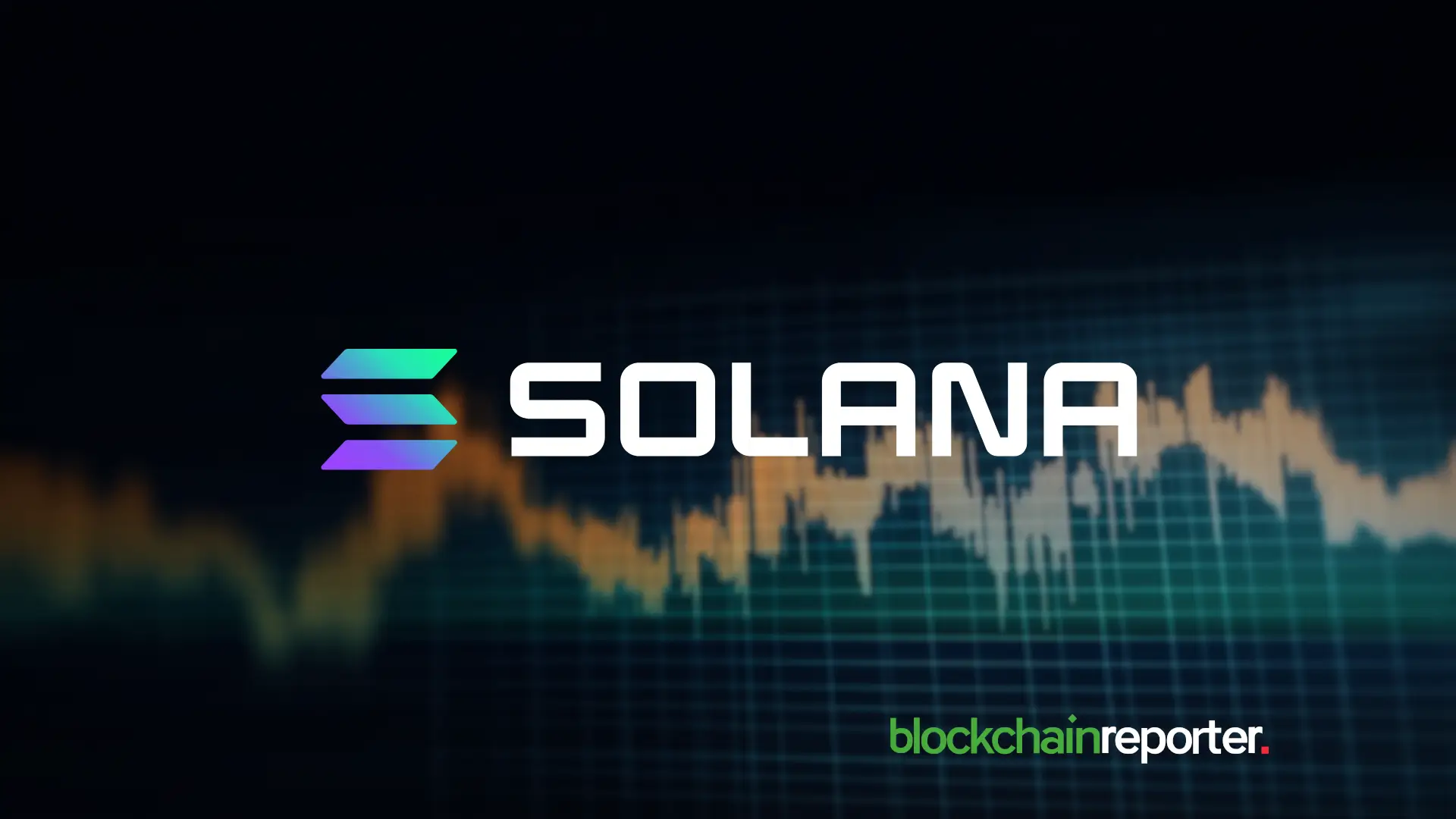
The U.S. Office of the Comptroller of the Currency (OCC) has allowed the National banks to hold a limited amount of crypto-assets for the payment of blockchain network fees. The purpose is to make the crypto assets payment rails clear and in the records of banks, to avoid any mishaps from happening.
The OCC has made this announcement in the Interpretive Letter 1186 on November 18. OCC said, “Pay network fees… on blockchain networks to facilitate otherwise permissible activities” and may “hold, as principal, amounts of crypto-assets… necessary to pay network fees for which the bank anticipates a reasonably foreseeable need.” CoinMarketCap has released this news through its official X account.
OCC Guidance Empowers Banks to Support Crypto Custody and Gas-Fee Payments
The clarification formally highlights that Banks can keep a limited amount of native tokens like Ethereum (ETH) to pay gas fees on behalf of customers to run blockchain services. This way, user can protect their digital assets safely in the banks and receive strong support from the law as well. Simultaneously, banks will play their role in providing crypto custody and execution services.
Along with this, the OCC reiterated that banks can have limited control over the buying and selling of crypto assets, but purely at the direction of the customer. On the other hand, this act reassures customers that they have full control over their digital assets. Both OCC and Banks have a full operational stack, such as Custody, Trade execution, Stablecoin reserves, Node operation, and Network-fee management.
OCC Decision Enables Seamless Asset Transfers without Third-Party Intermediaries
After the announcement of Office of the Comptroller of the Currency (OCC) about holding assets in Banks, users will need no more tokenization, blockchain-based settlement, or custody products. Instead of only native tokens on hand, customers can easily transfer assets seamlessly without the involvement of third parties.
Furthermore, Bloomberg Law noted that the OCC’s ruling effectively lets banks hold assets and facilitates permissionless activities. In addition, Brian Armstrong, CEO of Coinbase, stated that enabling U.S. lawmakers to enable banks to tackle operational crypto would permit traditional financial institutions to finally interface with the on-chain economy.




